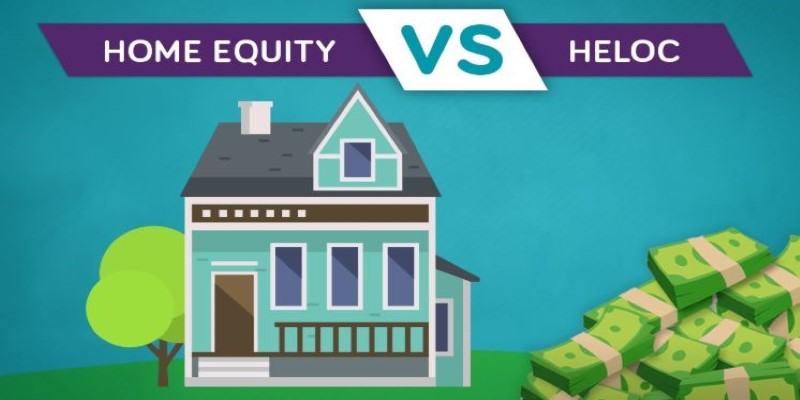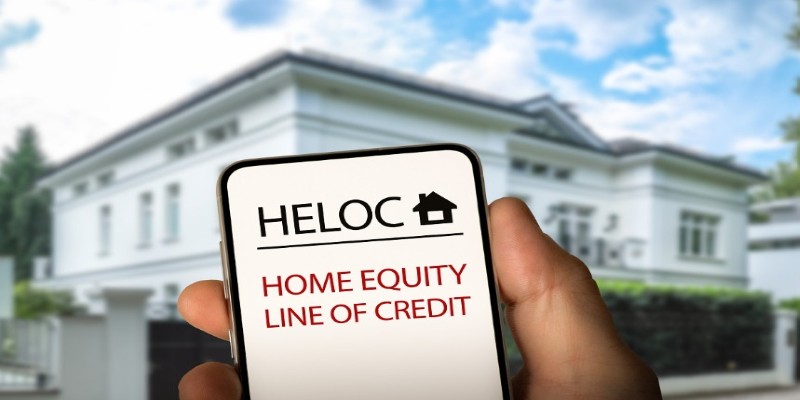Buying or refinancing a home later in life comes with its own set of questions. Retirement income looks different than a paycheck. Priorities shift—monthly costs might matter more than long-term growth. Some seniors want to downsize, others plan to age in place, and a few may be helping families with housing.
Whatever the reason, finding the right loan can feel like a puzzle. It's not about choosing what's popular but what works for your life now. This article will examine the best home loans for senior citizens and how different options align with real-life situations and needs.
Best Home Loans for Senior Citizens
Conventional Loans
A standard option for many seniors is a traditional mortgage. Conventional loans can work just like they do for younger borrowers if you're still earning a steady income—through Social Security, pensions, retirement accounts, or part-time work. Lenders typically want a good credit score, a manageable debt-to-income ratio, and a consistent source of income. Unlike younger borrowers, seniors can't be denied a loan solely because of age.

One advantage for seniors is experience with managing credit and money. Those who have maintained strong credit over time often qualify for lower rates. For downsizing or moving closer to family, a conventional loan offers flexibility with terms ranging from 10 to 30 years. The downside? Monthly payments, interest over time, and closing costs can add up if you’re on a fixed income.
FHA Loans
The Federal Housing Administration offers home loans that require smaller down payments and are more forgiving on credit scores. FHA loans can be a solid choice for seniors who don't have a large chunk of savings or who have had financial setbacks.
One thing to watch: FHA loans come with mortgage insurance premiums (MIP), which increase borrowing costs over time. This might be a drawback for a retiree on a budget unless the benefits outweigh the added cost.
Still, the lower down payment (as little as 3.5%) can help seniors preserve more of their savings. This might be useful for those who'd rather liquidate extra funds for emergencies or other expenses.
Reverse Mortgages
Perhaps the most specific loan designed for senior homeowners is the reverse mortgage, officially known as a Home Equity Conversion Mortgage (HECM). This loan is only available to homeowners 62 and older. It allows you to convert part of your home’s equity into cash without selling the property or taking on monthly payments.
The lender pays you monthly payments in a lump sum or as a line of credit. You keep the home as long as you live in it. When you move, sell, or pass away, the loan is repaid—usually through the house sale.
This option is useful for seniors with plenty of equity but little cash flow. It can help cover healthcare, home repairs, or day-to-day living expenses. However, it does reduce the value of the estate, and borrowers must still pay property taxes and insurance and keep the home in good condition. Reverse mortgages are regulated, but it's still important to understand the fine print and fees before moving forward.
VA Loans
If you're a veteran or the surviving spouse of one, a VA loan might be the best home loan for you. VA loans have no down payment, mortgage insurance, and competitive interest rates. That's helpful for older borrowers who don't want to dip into savings to make a large upfront payment.
The VA doesn't lend money directly but backs loans through approved lenders—seniors who qualify benefit from terms that are often more flexible than conventional loans. VA programs also help struggling borrowers. This option is underused, especially by older veterans who may not realize they're still eligible.
Home Equity Loans and HELOCs
Another option for senior citizens who own a home is borrowing against the equity they've built. A home equity loan gives you a lump sum upfront, while a home equity line of credit (HELOC) lets you draw money as needed. Both require monthly payments but often have lower interest rates than personal loans or credit cards.

These products are useful for big expenses—like renovating a bathroom to make it safer, helping a grandchild with tuition, or covering a medical bill. The catch? You’re putting your house on the line. If you can’t repay, the lender could foreclose. So, while this is one of the best home loans for senior citizens in certain situations, it comes with risks that should be carefully considered.
Refinancing Options
For seniors who already own a home and have a mortgage, refinancing can lower monthly payments, shorten loan terms, or allow access to equity. Streamlined refinancing options, like those available for VA and FHA loans, cut down on paperwork and can offer faster closings. If your home has appreciated, a cash-out refinance might help free up funds for other uses.
Be aware that refinancing comes with closing costs, which can take time to recover. If you're not planning to stay in the home much longer, refinancing might not make financial sense. However, it can be a good way for seniors committed to aging to stretch their fixed income and reduce interest paid over time.
Conclusion
Choosing the best home loans for senior citizens depends on the individual—there's no one-size-fits-all solution. Whether buying, refinancing, or accessing equity, the right loan can ease financial pressure or open up opportunities. Seniors with solid credit and steady income might lean toward conventional or VA loans. Those with limited savings may consider FHA loans. For retirees with valuable homes and minimal cash flow, reverse mortgages can be worth a look. Home equity products and refinancing options provide other ways to stay financially comfortable while aging in place. Each choice has trade-offs, so compare and ask questions before signing.












